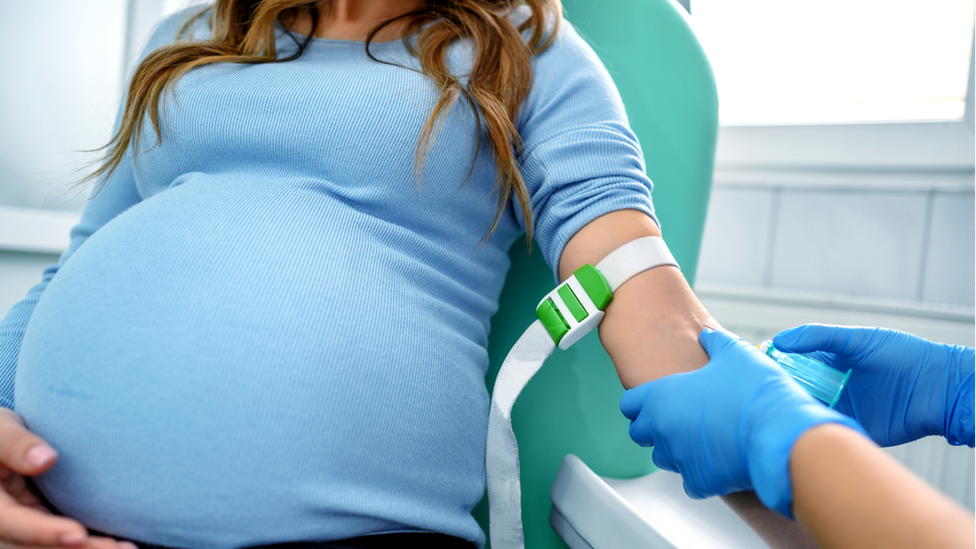New research into condition affecting pregnant women
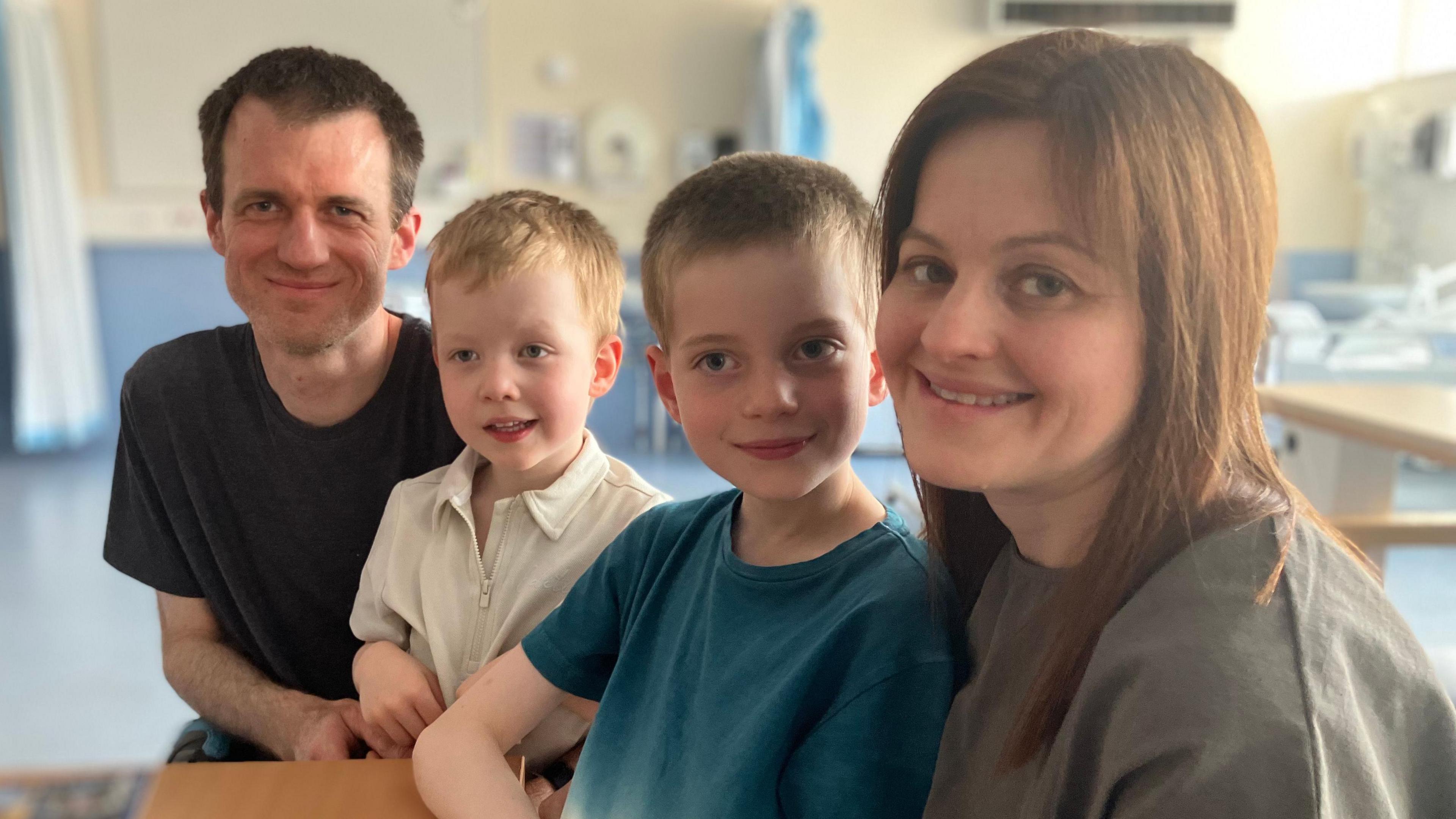
Jane suffered with pre-eclampsia while pregnant
- Published
A potentially life-threatening condition affecting pregnant women and their unborn babies could be detected earlier as part of a new screening programme.
Researchers from the clinical trials unit at the University of Nottingham are part of a study looking into pre-eclampsia, a placental condition that is believed could affect up to 8% of pregnancies.
The study of more than 200,000 women and their babies is one of the largest screening research programmes into the condition.
One mother said she hopes to raise awareness about how common pre-eclampsia is to help improve treatment for mothers and babies.
Pre-eclampsia usually affects women during the second half of pregnancy or soon after their baby is delivered, with early signs including high blood pressure and protein in urine.
Jane, from Nottingham, was 33 weeks pregnant with her youngest son Stephen when she tested her blood pressure and found it was higher than normal.
The 41-year-old said she went to work and booked a midwife appointment, but was told to go straight to hospital, where she had an emergency Caesarean.
"[With] pre-eclampsia, one of the only proper treatments for it is to deliver the baby, so they had to deliver [prematurely]," she said.
"He was showing signs of distress, and the surgeon said the placenta when she delivered him was showing signs of breaking down."
'No signs, no symptoms'
Stephen was just 3lbs (1.36kg) when he was born and then spent two weeks in hospital.
Jane, who works at the University of Nottingham researching eczema, has been sharing her experiences of pre-eclampsia with the study, and hopes to raise awareness and help other families.
"I would have absolutely loved this kind of test to have been available when I was pregnant with Stephen, because we might have had a better idea of what we were facing," she said.
"I had no signs, no symptoms, not the normal headaches or flashing lights or anything like that - it was completely silent for me."
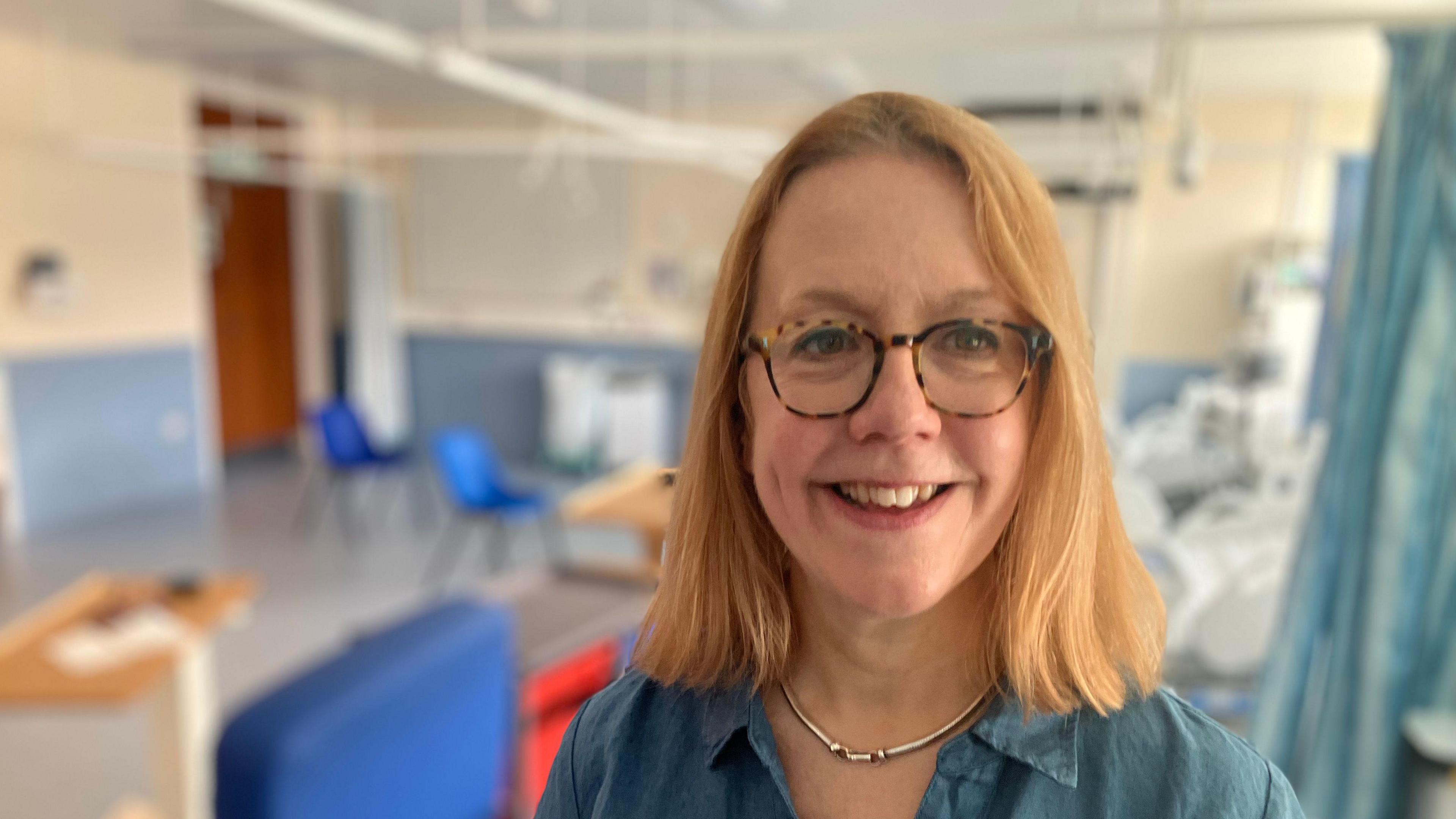
Jane Daniels has been researching pre-eclampsia with the University of Nottingham
The STARshiP (Screen and Treat with Aspirin to Reduce Pre-eclampsia) programme is led by researchers from Saint Mary’s managed clinical service, part of Manchester University NHS Foundation Trust, in collaboration with The University of Manchester.
Jane Daniels, a professor of clinical trials at the University of Nottingham, said if they can pick up signs of pre-eclampsia earlier with scans rather than asking pregnant women to report symptoms, then earlier treatment can be offered.
She said it will take at least three years to recruit the mothers needed, with 16 hospitals in the north and Midlands being sought to participate in the effort.
"What we think is this new test will then pick up more people who are at risk, and then they can prevent pre-eclampsia with aspirin," she said.
"If it's going to be offered to everybody, we need to know that it's going to pick up the right people, and it's going to prevent things happening."
Follow BBC Nottingham on Facebook, external, on X, external, or on Instagram, external. Send your story ideas to eastmidsnews@bbc.co.uk, external or via WhatsApp, external on 0808 100 2210.
Related topics
Related Internet Links
- Published18 January 2024
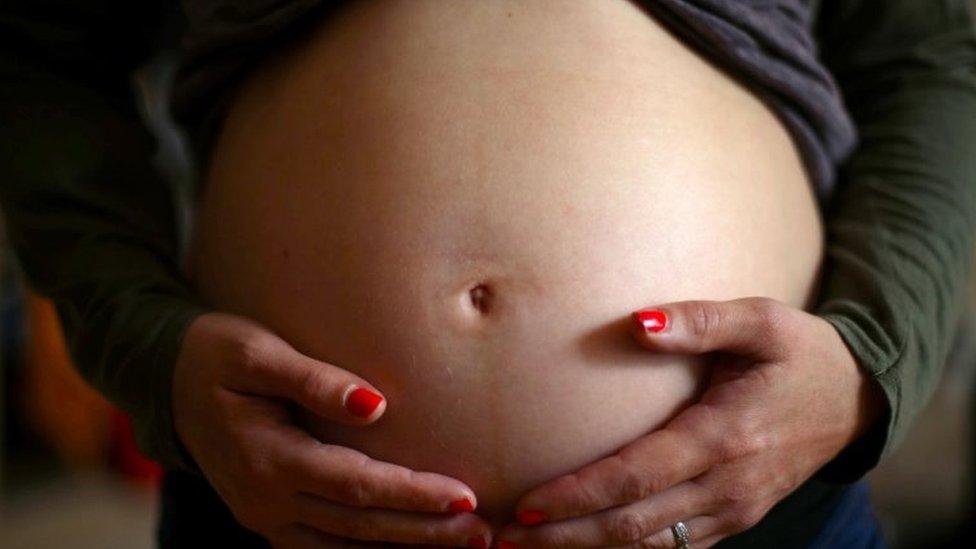
- Published19 July 2023
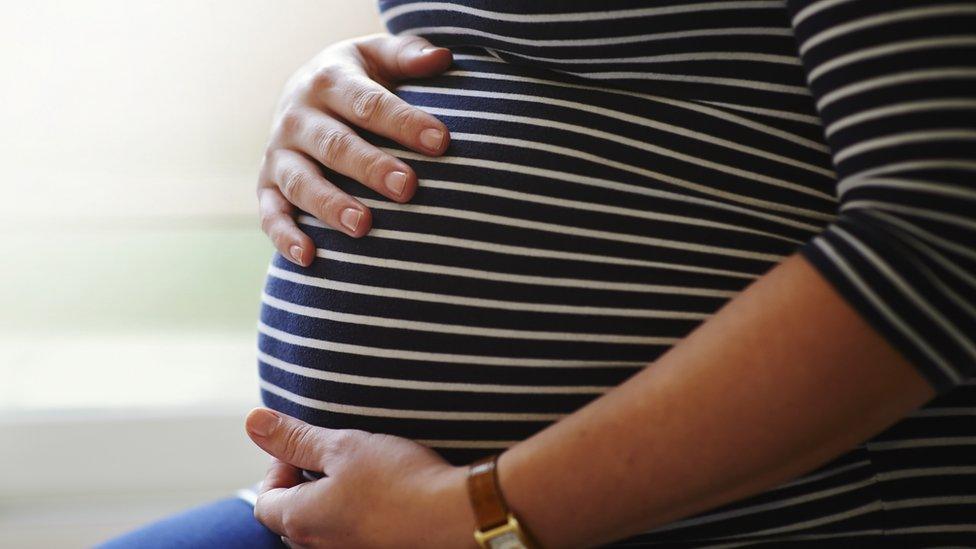
- Published27 July 2022
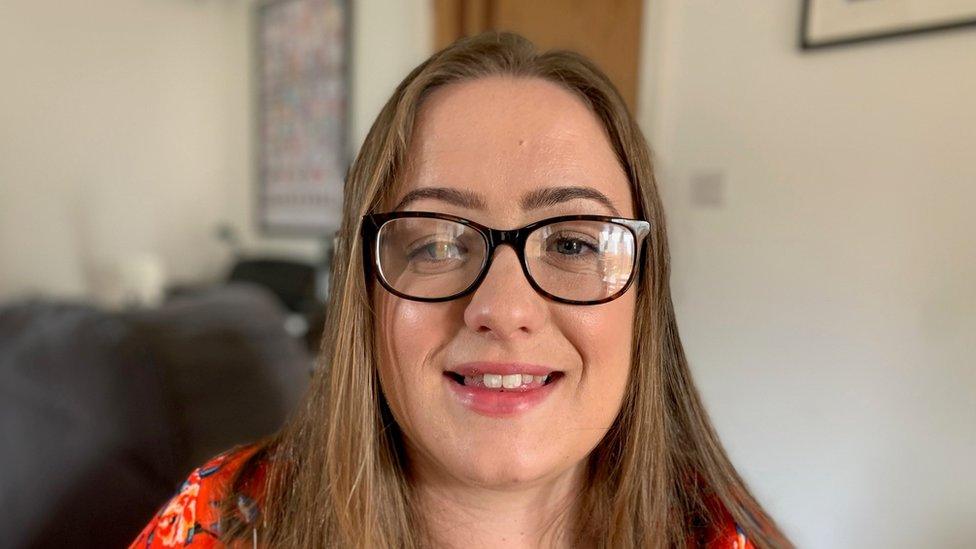
- Published25 March 2022
